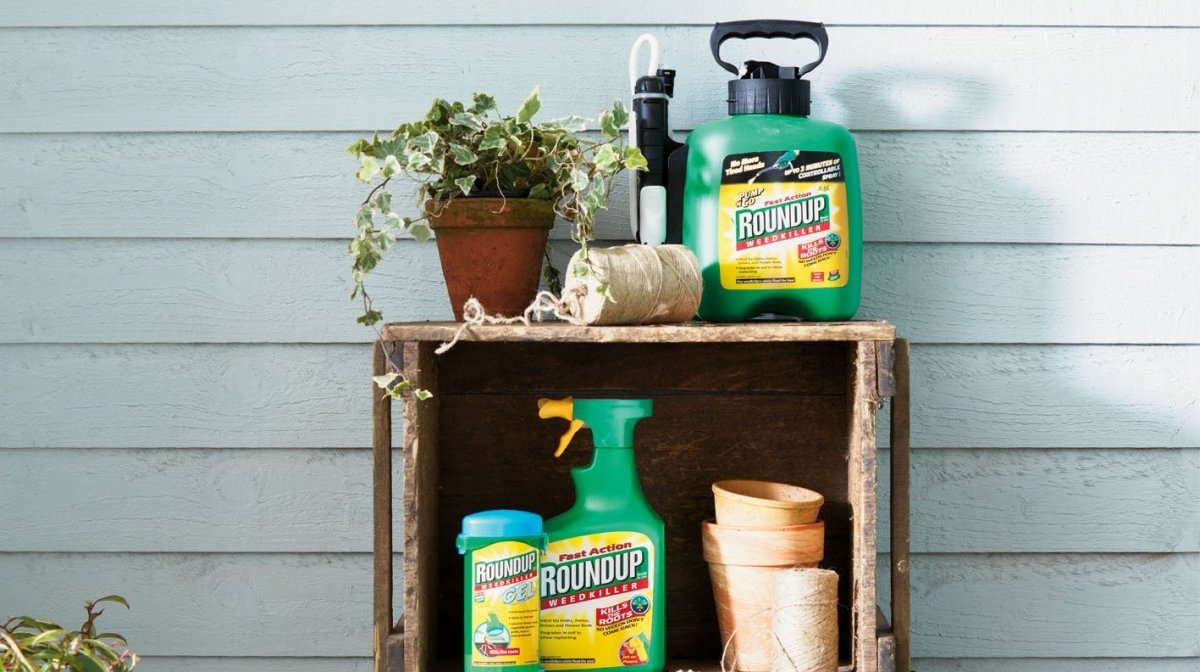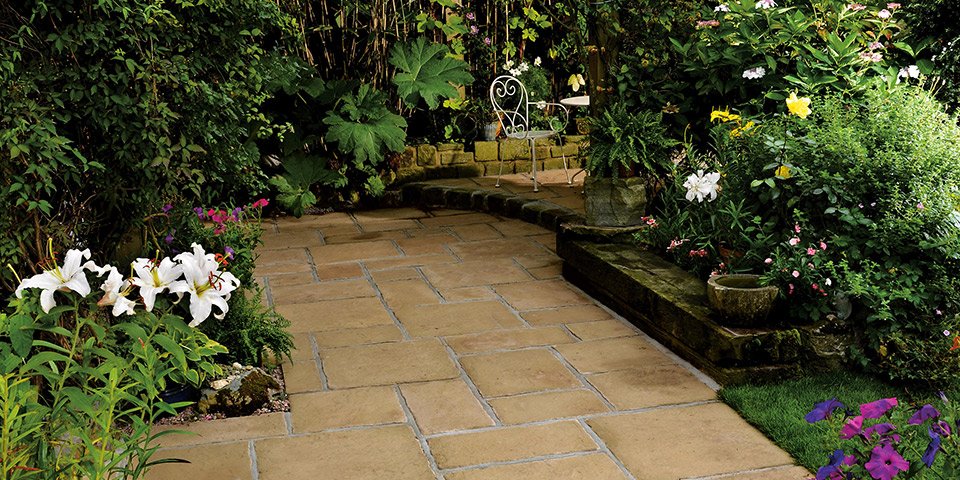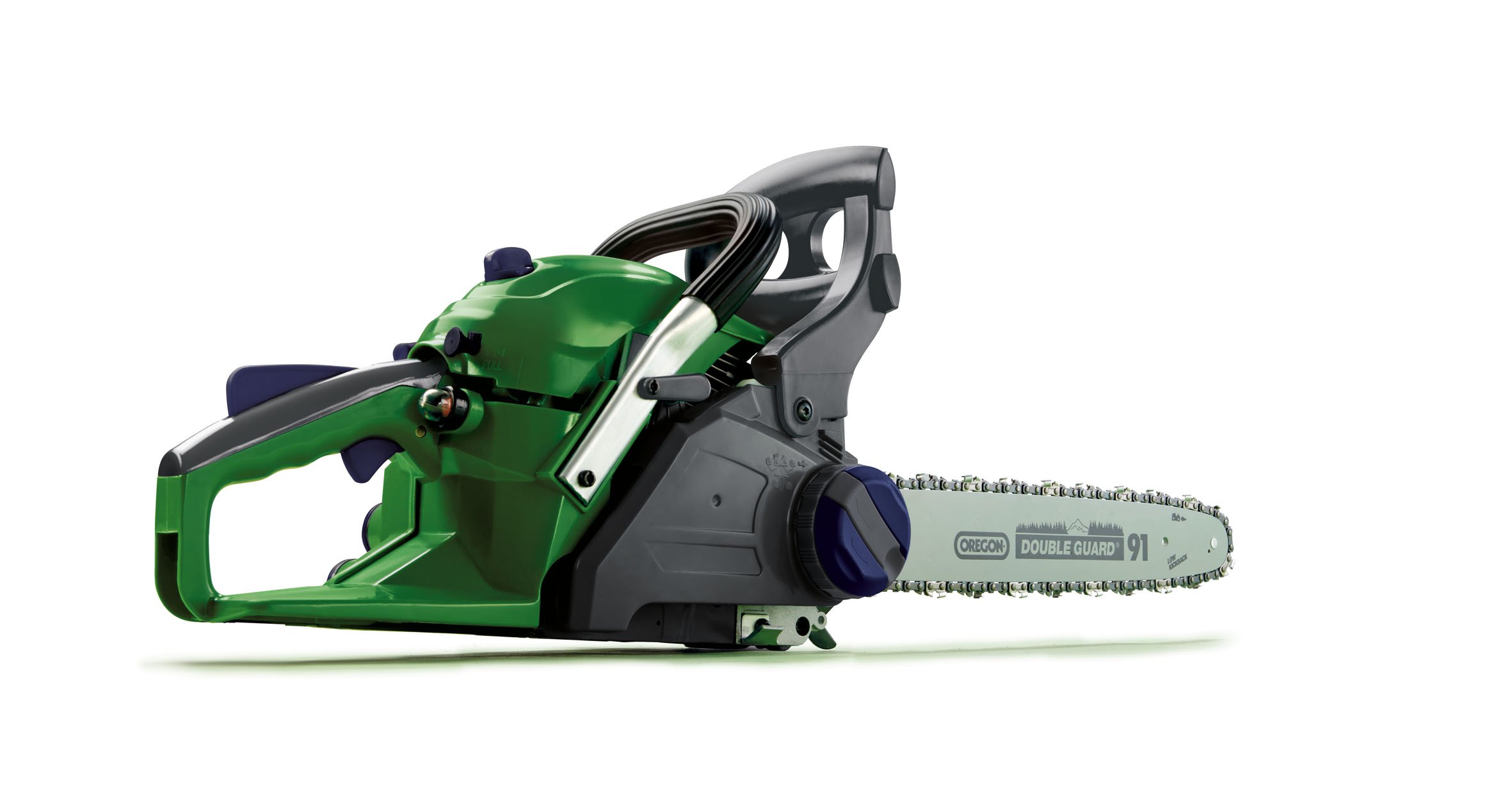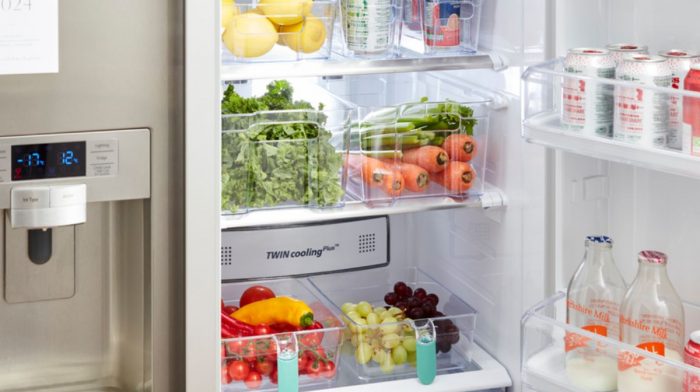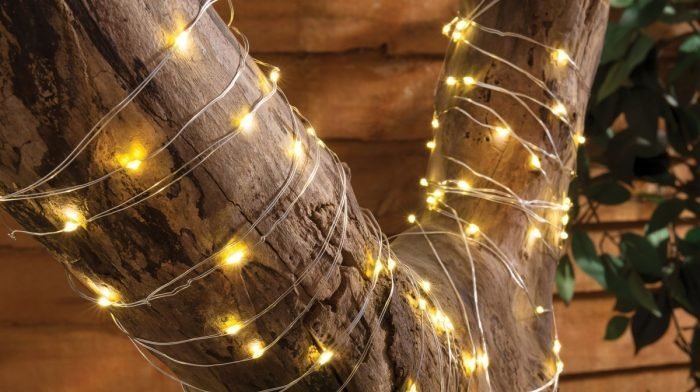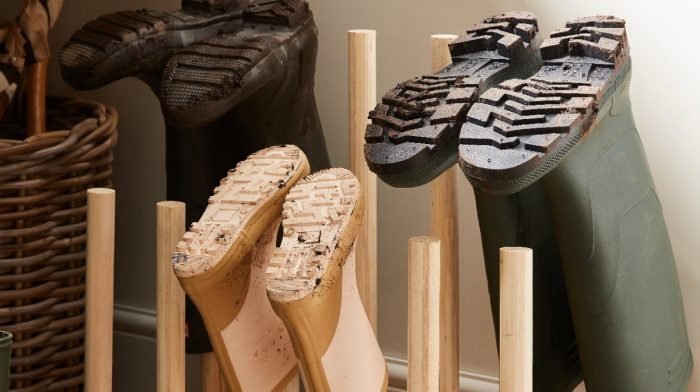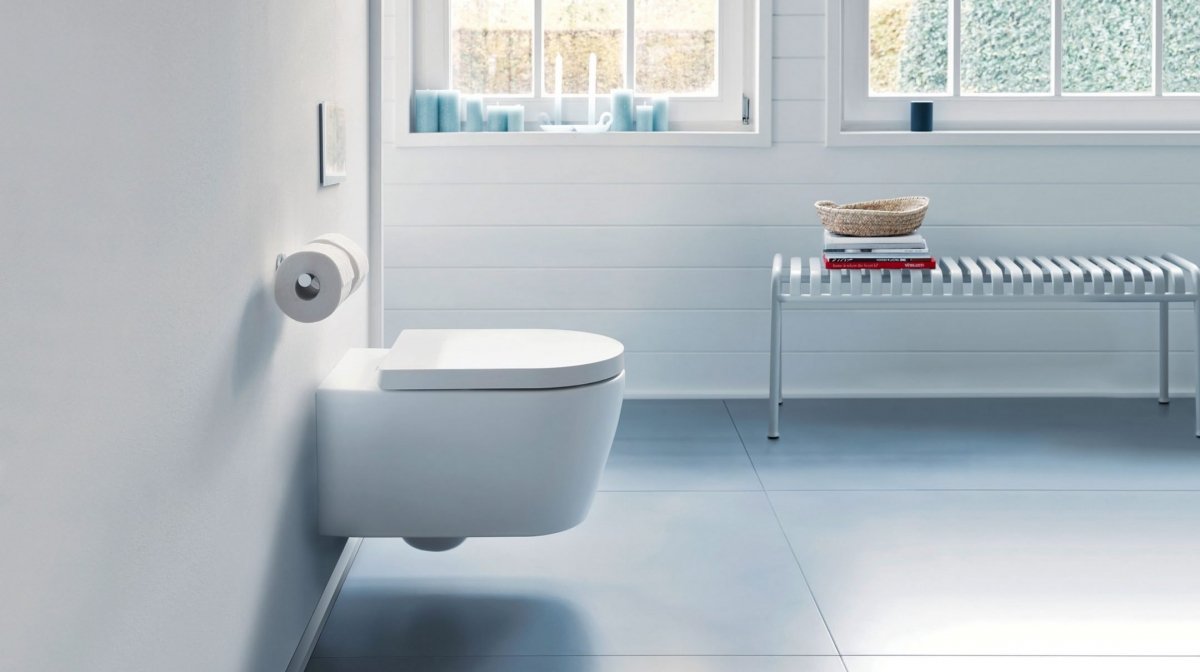A weed-free garden is the best way to ensure you get the most out of your outdoor space whenever the good weather strikes. But with so many options available, it can be hard to know what the best weed killer is for you.
Depending on what level of weed growth you’re dealing with, and whether it’s lawn weed killer or weed killer for your driveway – there are plenty of types to choose from.
This guide is designed to help you decide which weed killer is best for your garden and outside space.
If you want to know more about how to keep your lawn in tip-top shape, check out our ‘How to repair patches in your lawn’ guide.
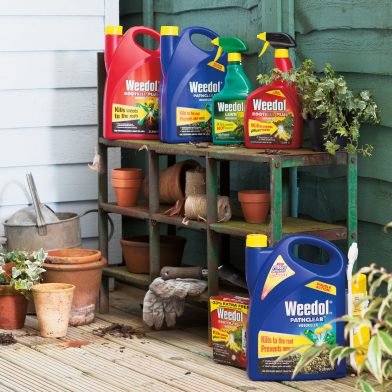
Selective
As the name suggests, selective weed killers are designed only to kill a specific plant or weed.
Lawn feed and weed killer is often your best bet for getting a weed-free lawn, as it only targets broad–leaved plants (typically weeds) while avoiding narrow–leaved plants like grasses at the same time.
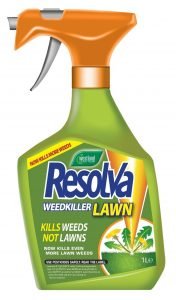
Residual
Often the strongest of all herbicides, residual weed killers are also known as soil-acting weed killers. This means they kill everything, including the soil itself – leaving you unable to grow anything in it for weeks or even months afterwards.
In general, people only use residual weed killers on paths or if you’re clearing your garden for paving or decking.
Contact
Working only when they’re applied directly to the plant, contact weed killers have no effect on your garden’s soil – which is why they’re one of the best for removing lawn weeds before putting down your feed.
The one drawback? As the weed killer must work its way into the plant while its photosynthesising, you have to time it right – apply early in the day, during the growing season.
Non-Selective
The opposite of selective weed killers, non-selective kills any plant matter it comes into contact with – so it’s best you only use this to remove weeds and scrub grass from your paths or walkways. This will ensure it won’t harm other healthy plants or your lawn at the same time.
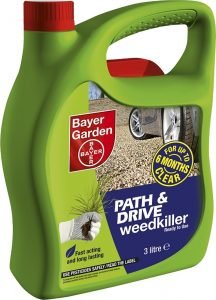
Systemic
Tackling your weeds from top to bottom, systemic weed killers work their way through the plant’s transport system to kill every single part of it. This means, if you apply systemic weed killer to a weed’s leaves, it will spread right the way down to the roots – so you can be sure you’ve attacked the whole plant at the same time.
Persistent
Sick of having to re-apply weed killers several times throughout the Summer? With a persistent weed killer, you can cut down on the effort – as they are designed to create a barrier that prevents weeds from returning for longer and new ones forming.
Moss Killers
How do you tackle thick patches of moss in your lawn without damaging the grass alongside? With a moss-specific weed killer, of course.
Targeting the dense green clumps on their own, moss killers can also come with added lawn feed and fertilizer to give your garden a helping hand at the same time.
Pet-friendly
If you’ve got pets, you’re likely to be looking for a pet-friendly weed killer. Plenty of common garden weed killers are pet-safe, but only once they’ve dried fully – which can take a few days.
If that’s not possible, there are several old-fashioned home methods you can try, from boiling water to diluted vinegar or salt.
Non-glyphosate
Glyphosate is the most widely used herbicide, as studies have concluded that it has a low toxicity for people. However, pets may be at risk of digestive issues if they touch or ingest plants that have recently been covered with this weed killer product. If you are worried about this chemical, non-glyphosate weed killers are a great option.
Glyphosate-free weed killers are also more environmentally friendly as they don’t contain the same harsh chemicals as more traditional weed killers.
Weed Killer Accessories
Want to make your weed killing safer and more effective? Homebase stock a range of accessories that can help.
Safety goggles: It sounds obvious but weed killers can be unpleasant and even dangerous if you accidentally come into contact with them through your face, mouth and especially – eyes. A simple pair of safety goggles is an easy way to stay safe.
Deflector nozzles: Larger spray weed killers can come with quite unwieldy hoses – so if you want to make sure you’re covering an area fully, why not add a deflector nozzle? These simple plastic caps will instantly give your spray a greater range and aim.
Sprayers: Handheld sprayers are a convenient accessory as they have an adjustable spray nozzle and are suitable for applications both indoor and outdoor.
If you have a larger area that you want to cover with weed killer, our higher capacity sprayers are ideal for herbicides and pesticides. Plus, some feature a durable PE body with a safety pressure release valve.
Paving knife: Killing weeds on your path is a breeze thanks to the wide variety of weed killers out there – but digging them out once dead can still be a pain. A paving knife is specially designed to get into all those little nooks and crannies and dig out any weed remains – simple.
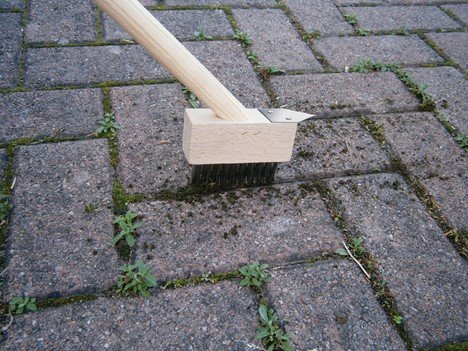
Before you get to work on killing those weeds, make sure you read the instructions on the bottle and follow them carefully.
Decide which is the best weed killer for you and shop our range here.

